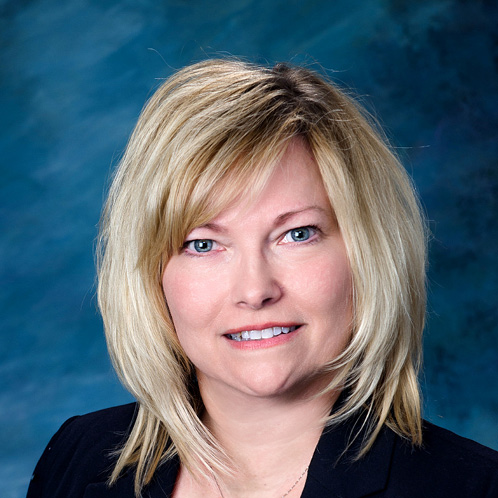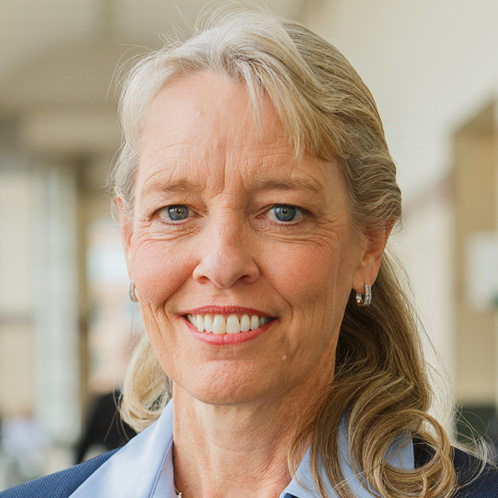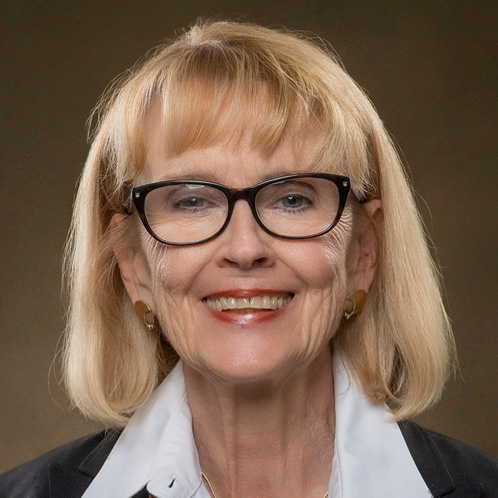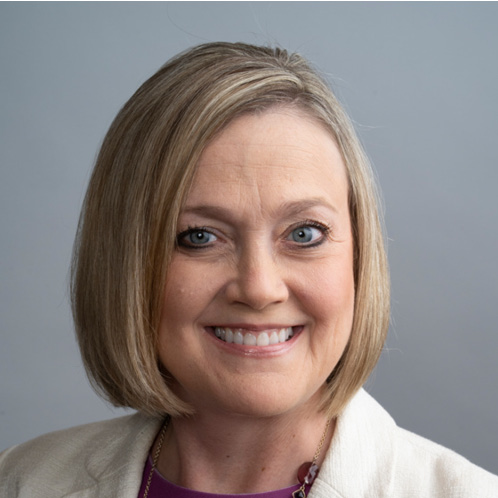The presence of women in laboratory leadership roles is indispensable for delivering top-notch patient care, actively contributing to the reduction of gender bias, and promoting equity within laboratory settings. In honor of Women's History Month, we are looking at women who have made an impact in the laboratory.
Like a lot of laboratory professionals, Brittany Bell, MBA, MLS(ASCP)MBCM, didn’t find the lab—the lab found her. When she came across the MLS program at Thomas Jefferson University, Ms. Bell jumped in headfirst and never looked back, having found the perfect field that married her love for science and curiosity for pathology. Here, she shares her insight about her career in the laboratory and the people who have influenced her along the way.
Brooke Dishaw, MS, MLS(ASCP)CM, is a Laboratory Evaluation Specialist in the Laboratory Improvement Section, Acute and Continuing Care and Support Division for the Bureau of Survey and Certification, in the Michigan Department of Licensing and Regulatory Affairs. Here, she shares her insight on how she got involved with ASCP and more.
While pumping gas in her scrubs one summer, a woman approached Kimberly Fiock, PhD, QBSRCM, with a curious look, wanting to know if Dr. Fiock had just gotten off work at a hospital. When she explained that she was researching neurodegenerative diseases during her internship at a brain bank, the woman burst into tears and embraced Dr. Fiock; her father suffered from advanced Alzheimer’s. In that moment, her personal history with disease, love of neuropathology, and her future all intertwined. Read more to find out about Dr. Fiock’s career in the laboratory.
Since 2024, Victoria Costa, MD, has served as a Pathology Ambassador for ASCP. The opportunity has afforded her the ability to learn new things from speaking to individuals around the country and see how the field of pathology is evolving. Read on to learn more about her journey.
When Michelle Campbell started college, she knew she wanted to work in healthcare, and knew she’d found the right fit after she completed a shadow day at the newly renovated laboratory at her local hospital. “It all felt like fate and to this day, I truly believe it was,” she says. Here, Ms. Campbell shares her thoughts on her volunteer efforts, her legacy in the laboratory, and more.
A 2016 Choosing Wisely Champion, Dana Altenburger, MD, FASCP, continues to be active in her volunteerism with ASCP and the pathology and laboratory community. She shares her thoughts for the Critical Values series, 3 Questions With.
Women have long been a part of genetics research, helping discover new diagnostic and therapeutic frontiers. Learn more about the significant contributions women have made to the field of cytogenetics.
As a student, Aqua Asberry, HT(ASCP)CM, studied chemistry and was determined to become a forensic scientist. An intuitive mentor steered her towards histology. Critical Values spoke with her to learn more about her fascinating journey and future goals. Here’s what she had to say.
How are women represented as physician award recipients in pathology? That’s the question that a team of authors set out to explore in an article recently published in AJCP. Critical Values sat down with lead author Sara E. Wobker, MD, MPH, FASCP, and senior author Francesca Khani, MD, to learn more about their study, and importantly, their findings, and what they mean for the future of pathology.
For the Critical Values series, “3 Questions With,” Dr. Susan Harrington, Chair of the ASCP Workforce Steering Committee, shares her thoughts on three questions (and a bonus!) on issues facing the laboratory, changes she’d like to see in educational programs, and more.
Women in the laboratory often face unique challenges, but having women in leadership roles is essential to ensure we are providing high-quality patient care, reducing gender bias, and ensuring equality and representation in the laboratory. Join us as we talk with women leaders in pathology and laboratory medicine to learn more about those challenges, how we can bring more women into laboratory leadership positions, and more.
ASCP is celebrating Women’s History Month by sharing insight and advice from top women leaders in pathology and laboratory medicine.
ASCP asks top women leaders in pathology and laboratory medicine the advice they would give to other women pursuing leadership roles.
Women leaders in pathology and laboratory medicine give advice to their younger selves on pursuing leadership roles.
In healthcare, it is estimated that while women make up 70 percent of the overall workforce, only 30 percent of those women hold healthcare leadership positions. Yet having women in leadership roles is critical to healthcare, in order to lessen gender bias, provide better outcomes for patients, and improve representation on promotion, tenure, or research committees.
In March 2021, ASCP celebrated Women’s History Month by spotlighting a few of the phenomenal women who are leaders within pathology and laboratory medicine. Each week we shared their insights about the profession, the challenges they’ve faced, and how we can support and encourage more women in leadership positions. I kicked off the month by sharing some of the lessons I've learned on my path to leadership. We hope you will join us in celebrating these and all women within pathology and laboratory medicine.
— Kimberly W. Sanford, MD, MASCP, MT(ASCP), ASCP President

Be confident in yourself and your abilities, and maintain your self-esteem as a leader to minimize self-doubt, advises Lisa Thrasher-Stallard, MLS(ASCP). She shares some of her challenging experiences from her career in this Q&A.

Women in the modern laboratory should take their opportunities to contribute to the healthcare team, says Diana Kremitske, MHA, MS, MT(ASCP). Read her interview and find out more about what she's learned on her path to leadership.

In four decades in the laboratory, Lynnette Chakkaphak, MS, MT(ASCP), has witnessed the evolution of women in pathology and laboratory medicine. She shares her thoughts on how we can continue the upward trajectory of women in healthcare leadership in this Q&A.

As the landscape of healthcare changes, women are being recognized for their leadership potential. Marsha Kinney, MD, shares her own experiences in leadership, and the challenges that have helped shape her career.

The volunteer opportunities ASCP President Kimberly Sanford, MD, MASCP, MT(ASCP), engaged in have helped her along her path to leadership. She shares some of the lessons she’s learned in this Q&A.